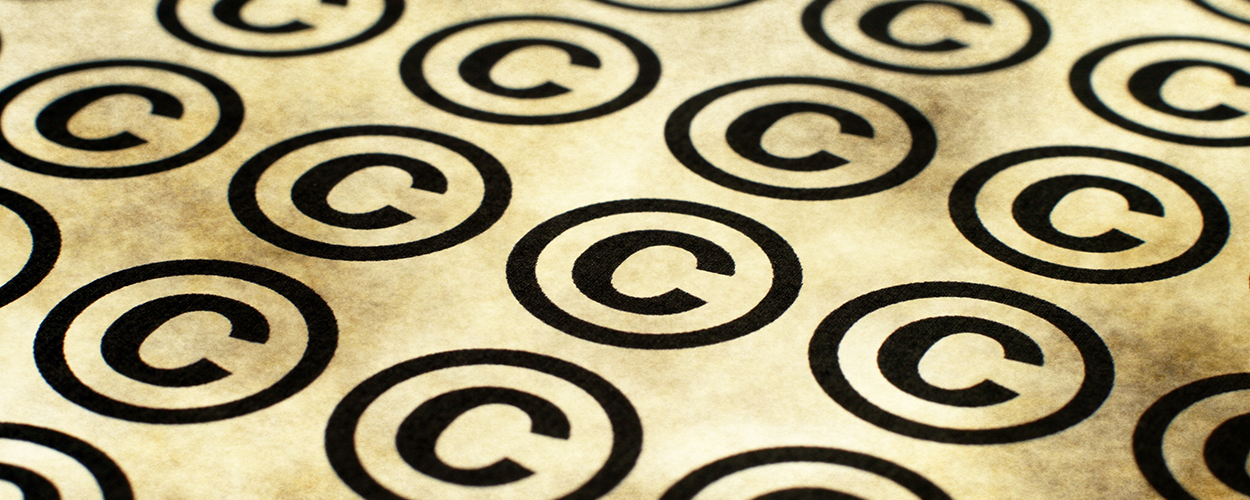This website uses cookies so that we can provide you with the best user experience possible. Cookie information is stored in your browser and performs functions such as recognising you when you return to our website and helping our team to understand which sections of the website you find most interesting and useful.
Business News Digital Legal Top Stories
Scientific copyright case brings web-blocking to the USA
By Chris Cooke | Published on Tuesday 7 November 2017

Web-blocking, a preferred anti-piracy tactic of the music and movie industries in numerous countries, might be about to become a thing in the US following a landmark ruling in a copyright dispute with Sci-Hub, the website sometimes dubbed the “Pirate Bay of science”.
As previously reported, it’s the American Chemical Society that sued Sci-Hub for distributing academic papers it had published without licence. As often happens with piracy cases, the pirates chose not to defend themselves, so in September the ACS requested a default judgement in its favour.
Last month, a magistrate judge in the District Court for the Eastern District of Virginia recommended that that default judgement be issued. In that recommendation, in addition to awarding the ACS $5 million in statutory damages that it will probably never see, judge John Anderson recommended that “internet search engines, web hosting and internet service providers” should be ordered to “cease facilitating” access to Sci-Hub.
Web-blocking, where ISPs are ordered to block users from accessing copyright infringing websites, has become a frequently employed anti-piracy tactic in numerous countries, not least the UK. It has proven most useful when copyright owners are taking on piracy sites based in jurisdictions where it is hard to enforce intellectual property rights.
However, back in 2012, when US Congress was considering proposals to introduce a specific law that allowed web-blocking, there was a big hoo haa in Washington orchestrated by the tech sector. So much so, Congress abandoned its web-blocking proposals.
After Anderson proposed a web-block injunction as part of the judgement in the Sci-Hub case, the Computer And Communications Industry Association submitted a paper to the court which stated that: “[The] plaintiff is seeking – and the magistrate judge has recommended – a permanent injunction that would sweep in various neutral service providers, despite their having violated no laws and having no connection to this case”.
This, the CCIA argued, went against the wishes of Congress. It wrote: “What ACS seeks, in the posture of a permanent injunction against non-parties, goes beyond what Congress was willing to permit … [the] request must be rejected”. But the more senior judge who had to review Anderson’s recommendations, Leonie Brinkema, has not rejected the request.
Instead, she has issued an injunction that orders “any person or entity in active concert or participation with defendant Sci-Hub and with notice of the injunction, including any internet search engines, web hosting and internet service providers, domain name registrars, and domain name registries” to “cease facilitating access to any or all domain names and websites through which Sci-Hub engages in unlawful access to, use, reproduction, and distribution of ACS’s trademarks or copyrighted works”.
Or, to paraphrase, web-block that fucker. It remains to be seen how American internet service providers now respond when ACS seeks to enforce its injunction and demands they start web-blocking Sci-Hub. They’ll presumably object. Though, it has to be said, in most countries, while ISPs initially fight web-blocking, most then fall in line and adhere to any web-block injunctions that come their way. Some even overtly support web-blocking.
Interestingly, the injunction also orders internet search engines to cease facilitating access to Sci-Hub, which suggests Google could be forced to delist the scientific piracy site.
That’s even more interesting, of course, because just as Brinkema was issuing this injunction, another American court was telling Google that a Canadian injunction ordering it to delist the website of an IP infringing tech company worldwide couldn’t apply in the US. That court agreed with the web giant that the court order from Canada probably conflicted with American internet and free speech law. So that’s fun.
Sci-Hub, of course, will likely stay out of this debate, and simply ignore the ACS ruling. But it remains to be seen how the American tech sector now responds.





